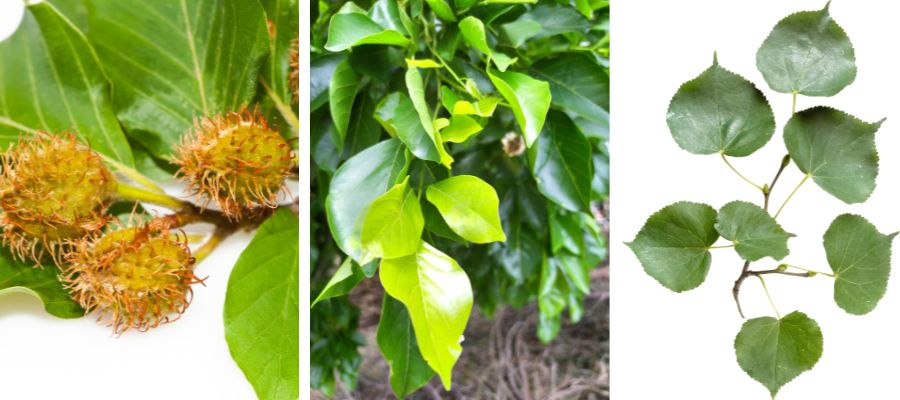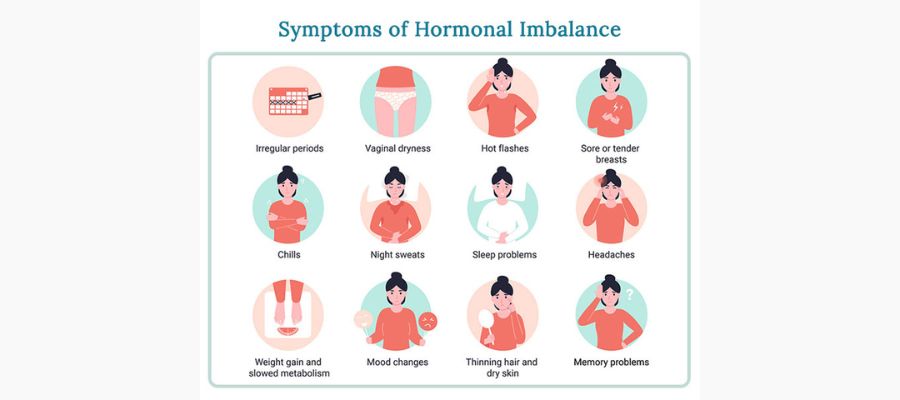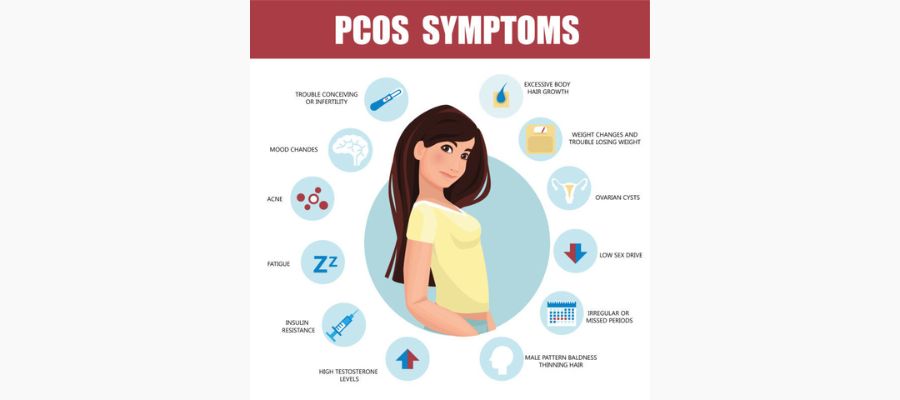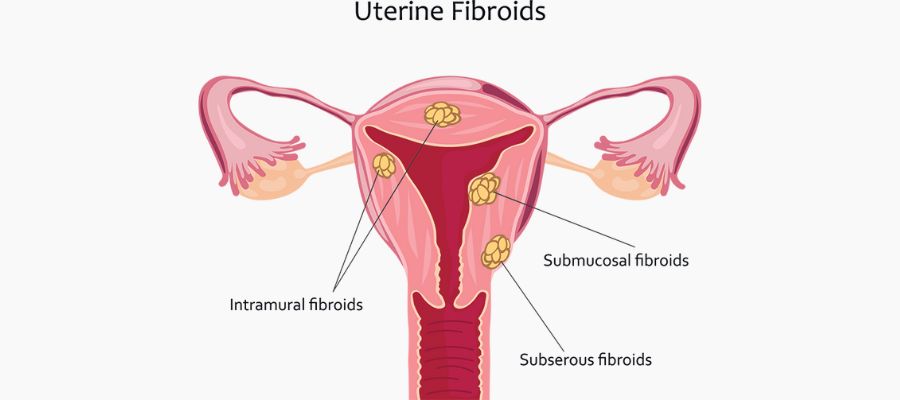
Diabetes is a chronic condition that affects millions of people worldwide. While several conventional treatments are available, many individuals are turning to Ayurveda for a more natural and holistic approach. Ayurveda, an ancient system of medicine from India, has been using herbs to manage diabetes for centuries. In this blog, we'll explore some of the most effective Ayurvedic herbs for diabetes, their chemical constituents, and their research base.
1. GymnemaSylvestre
GymnemaSylvestre, or Gurmar, is a potent herb used for centuries to manage diabetes. Its active ingredient, gymnemic acid, has been shown to stimulate insulin secretion and reduce blood sugar levels. In one study, participants who took GymnemaSylvestre for 12 weeks saw a significant reduction in fasting blood sugar levels compared to those who took a placebo.
2. Bitter Melon
Bitter Melon, or Karela, is a vegetable commonly used in Indian cuisine. It contains several compounds, including charantin, that have been shown to lower blood sugar levels. In a study, participants who took bitter melon extract for four weeks saw a significant reduction in their fasting blood sugar levels.
3. Cinnamon
Cinnamon is a popular spice used for centuries to manage diabetes. It contains several compounds, including cinnamaldehyde, that have been shown to lower blood sugar levels. In a study, participants who took cinnamon for 12 weeks saw a significant reduction in their fasting blood sugar levels compared to those who took a placebo.
4. Fenugreek
Fenugreek, or Methi, is a herb commonly used in Indian cuisine. It contains several compounds, including trigonelline, that have been shown to lower blood sugar levels. In a study, participants who took fenugreek for 12 weeks saw a significant reduction in their fasting blood sugar levels compared to those who took a placebo.
5. Amla
Amla, or Indian Gooseberry, is a fruit commonly used in Ayurvedic medicine. It contains several compounds, including tannins, that have been shown to lower blood sugar levels. In a study, participants who took amla extract for 12 weeks saw a significant reduction in their fasting blood sugar levels compared to those who took a placebo.
In conclusion, Ayurveda offers a plethora of options for managing diabetes naturally. These herbs have been used for centuries and have a solid research base to support their effectiveness. However, it is crucial to consult with a healthcare professional before incorporating any new herb or supplement into your routine, especially if you are already taking medication for diabetes. By combining Ayurvedic herbs with a healthy lifestyle, individuals with diabetes can improve their quality of life and reduce their dependence on conventional medicines.










